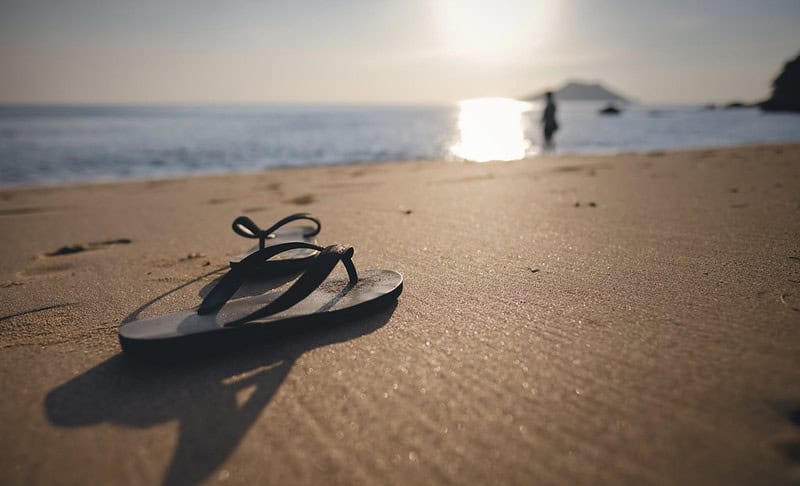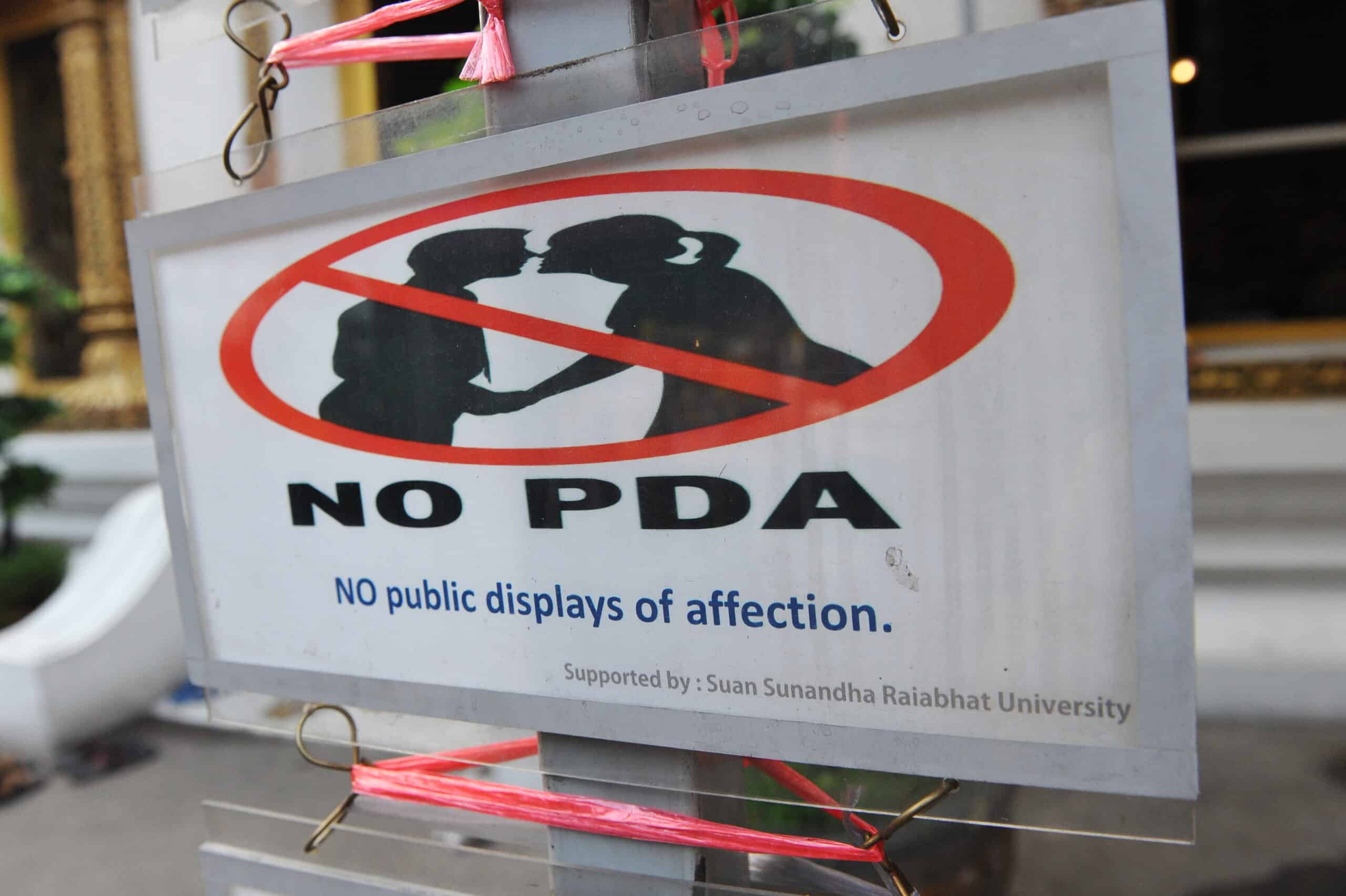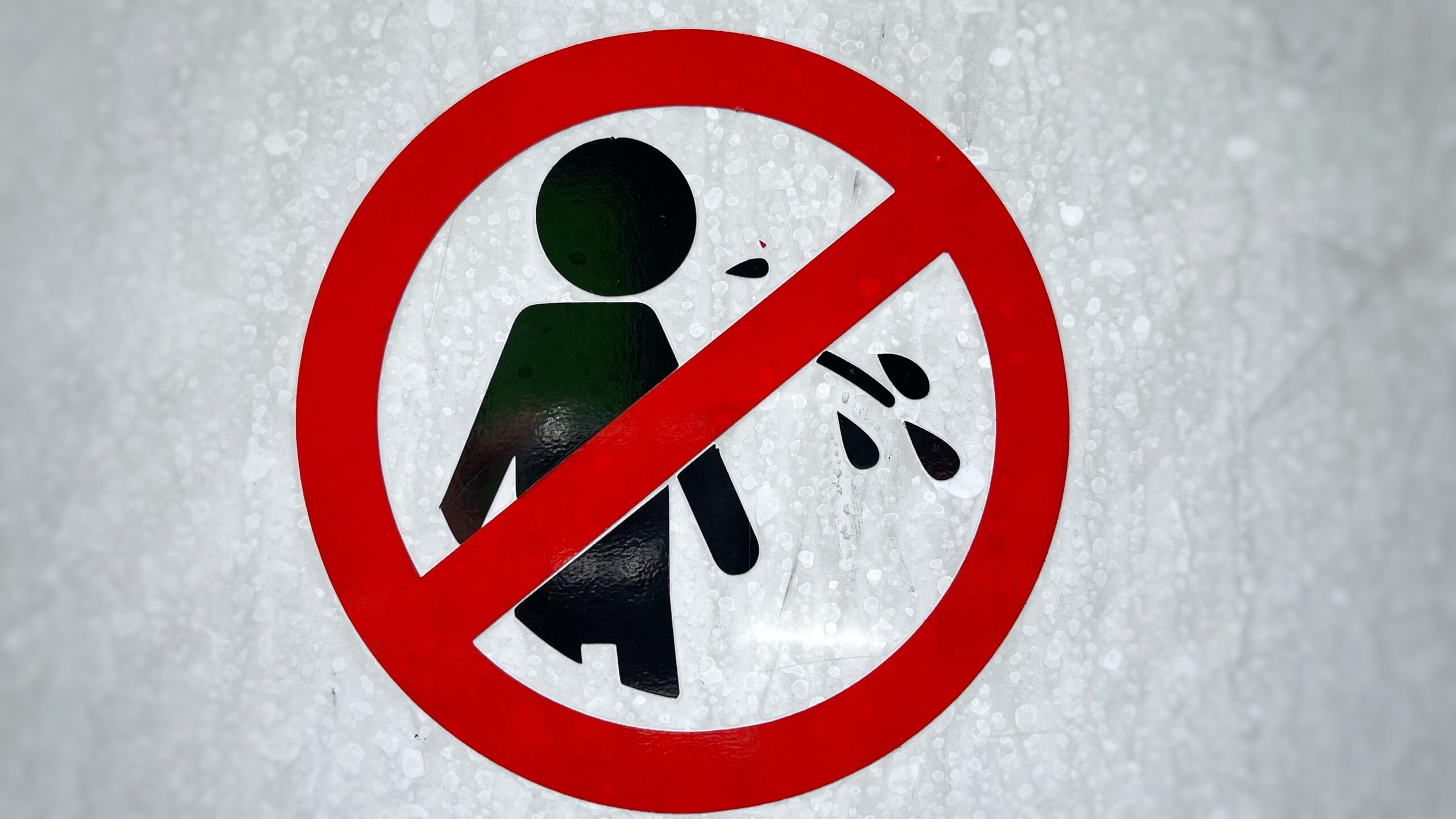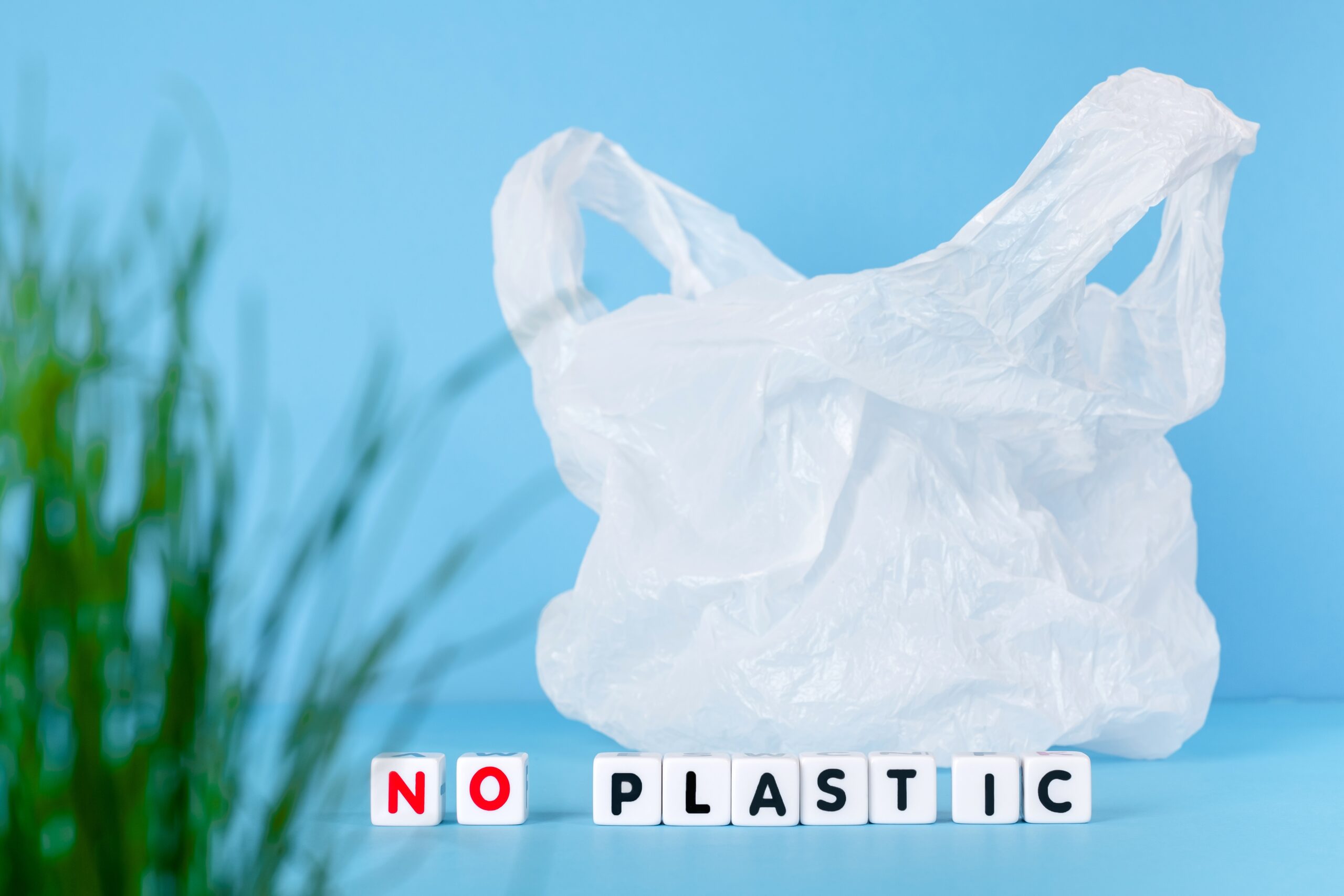In many countries, certain everyday items or behaviors that seem harmless elsewhere are surprisingly prohibited. These bans often stem from cultural, environmental, or political reasons, leading to unexpected restrictions for locals and visitors alike. While some may seem unusual, they reflect the values and priorities of each nation. Understanding these prohibitions can help travelers avoid trouble and gain insight into different customs. Here are some of the most surprising things banned in various parts of the world.
Chewing Gum – Singapore

In Singapore, the sale and importation of chewing gum is strictly prohibited. The law was enacted in 1992 to maintain cleanliness in public spaces and avoid gum littering, which had been causing damage to the city’s Mass Rapid Transit system. Exceptions exist for therapeutic, dental, and nicotine gums, which are available at pharmacies with a prescription. Violators can face fines or community service for chewing gum in public. This strict measure underscores Singapore’s commitment to cleanliness and orderliness.
Blue Jeans – North Korea

Blue jeans, a symbol of Western culture, are banned in North Korea. The government views them as a representation of American imperialism and seeks to prevent the influence of Western fashion on its citizens. Only black or other dark-colored jeans are allowed in the country. Visitors and locals alike must adhere to this rule, which is strictly enforced by North Korean authorities. This ban highlights the regime’s desire to maintain control over cultural expression.
Kinder Eggs – United States

Surprisingly, Kinder Eggs, the popular chocolate treats with toys inside, are illegal in the United States. The Food and Drug Administration (FDA) prohibits them due to concerns about the small toys inside, which could pose a choking hazard for young children. American law bans any non-edible item from being encased in food, leading to the Kinder Egg’s unavailability in U.S. stores. However, a modified version, the Kinder Joy, which separates the toy from the edible part, is available. The prohibition remains a point of curiosity among international travelers.
Flip Flops – Capri, Italy

On the beautiful island of Capri, Italy, flip-flops and other noisy footwear are banned. The local government implemented this rule to preserve the island’s peaceful atmosphere, which is disturbed by the loud clacking of sandals. Tourists are encouraged to wear quieter footwear, such as soft-soled shoes, when visiting. Violators of this noise-related law could face fines. It’s one of the more unusual ways the island maintains its serene environment for both locals and visitors.
Lip Syncing – Turkmenistan

In Turkmenistan, the practice of lip-syncing performances has been outlawed. The country’s former president, Saparmurat Niyazov, believed lip-syncing was a negative influence on the development of musical culture. As a result, both public and private performances must involve live singing. The government maintains strict control over cultural and artistic expression, with this rule reflecting a desire to preserve authenticity in entertainment. It’s an unexpected restriction for those accustomed to more lenient performance standards.
Public Displays of Affection – Dubai, UAE

In Dubai, public displays of affection, such as kissing or hugging, are considered inappropriate and are punishable by law. The United Arab Emirates follows strict Islamic laws that discourage any romantic or intimate behavior in public. Tourists have been fined or even jailed for violating this cultural norm. Handholding is generally accepted between married couples, but anything more can lead to legal trouble. The rule surprises many visitors, as Dubai is otherwise seen as a modern and tourist-friendly destination.
High Heels – Greece (Certain Historical Sites)

In Greece, visitors to certain ancient sites, like the Acropolis, are prohibited from wearing high heels. The ban was put in place to protect the fragile ruins from potential damage caused by sharp-heeled shoes. Flat shoes are encouraged to ensure the preservation of these historic monuments. Tourists may be unaware of this rule until they arrive, which can lead to unexpected wardrobe changes. This surprising restriction is a measure of Greece’s commitment to preserving its cultural heritage.
Vicks VapoRub – Japan

In Japan, products containing pseudoephedrine, such as Vicks VapoRub and Sudafed, are banned due to the country’s strict anti-stimulant drug laws. Travelers unaware of this prohibition might be surprised to find their cold and flu remedies confiscated upon entry. Japanese customs regulations are stringent when it comes to medications, and non-compliance can lead to fines or other legal actions. Visitors are advised to check the country’s medical import laws before traveling. The strict regulation of such common products highlights Japan’s serious approach to drug control.
Spitting – Barcelona, Spain

In Barcelona, spitting in public is illegal and can result in hefty fines. The law is part of the city’s broader effort to maintain cleanliness and improve public hygiene, especially in tourist-heavy areas. Enforcement of the anti-spitting regulation is taken seriously, and offenders are often caught on camera by municipal authorities. This rule might surprise visitors who are unaware of the city’s commitment to cleanliness. It’s an unexpected, yet practical measure to keep public spaces pleasant for everyone.
Baby Walkers – Canada

Canada has banned the sale and use of baby walkers due to safety concerns. Studies showed that these devices were causing a significant number of injuries to young children, leading to the government’s decision to prohibit them in 2004. Parents using or selling baby walkers can face fines or have the walkers confiscated. This rule surprises many, as baby walkers remain popular in other countries. The ban is an example of Canada’s proactive stance on child safety.
Tipping – Japan

Tipping is not only unnecessary in Japan, but it’s also considered rude in many situations. The Japanese culture places a high value on service quality, and employees are expected to perform their best without the expectation of additional compensation. Leaving a tip can even be seen as an insult, implying that the service provided wasn’t sufficient without extra payment. Visitors unfamiliar with this custom may find it surprising, as tipping is common in many parts of the world. This cultural difference highlights the importance of understanding local etiquette.
Yellow Clothing – Malaysia

In Malaysia, wearing yellow clothing is prohibited at public rallies and protests. This law was introduced after political opposition groups adopted yellow as their color of protest, specifically during the Bersih movement calling for electoral reform. As a result, yellow attire is viewed as a political statement and is banned in certain contexts. Those caught wearing yellow in restricted areas can be arrested or fined. This surprising color restriction underscores the power of symbolism in political movements.
Valentine’s Day – Saudi Arabia

In Saudi Arabia, celebrating Valentine’s Day is strictly forbidden due to its association with non-Islamic traditions. The government sees it as promoting immoral behavior, and shops are prohibited from selling Valentine’s Day-related items, such as red roses or heart-shaped gifts. The religious police enforce this ban rigorously, and those caught violating the law can face penalties. Despite the prohibition, some Saudis celebrate the holiday in private. This ban reflects the country’s conservative stance on matters of love and relationships.
Plastic Bags – Rwanda

Rwanda has outlawed the use of plastic bags in an effort to protect the environment. This rule was implemented in 2008 and is one of the strictest bans on plastic in the world. Travelers arriving in the country must leave any plastic bags behind, as customs officers will confiscate them. The initiative has made Rwanda one of the cleanest countries in Africa, but the ban surprises many tourists accustomed to using plastic bags daily. This environmental policy has earned Rwanda praise from international environmental organizations.
Ponytails on Men – Iran

In Iran, men are prohibited from sporting ponytails or long hairstyles that are considered “Western” or un-Islamic. The government introduced this ban as part of its effort to prevent the spread of Western culture, which it views as a threat to traditional values. Salons are regulated to ensure that men’s hairstyles align with Islamic guidelines. This rule, targeting men’s fashion, surprises many visitors and highlights the country’s strict adherence to cultural norms. Men with longer hair must adopt more conservative styles during their stay in Iran.
Unregistered Bible – Maldives

In the Maldives, bringing an unregistered Bible into the country is illegal. The nation, which is predominantly Muslim, has strict laws governing religious practices. Bibles must be registered with the government, and public displays of non-Islamic faiths are prohibited. Tourists unaware of this rule may face confiscation of religious texts upon arrival. This surprising regulation reflects the Maldives’ efforts to preserve its Islamic identity while controlling the influence of other religions.
This article originally appeared on Rarest.org.
More From Rarest.Org
14 Colorful Insects That Rival the Beauty of Butterflies
When we think of vibrant and eye-catching insects, butterflies often steal the spotlight. Their delicate wings and striking patterns have long been admired, but theyâre not the only insects that boast such beauty. Read more.
If you love having a garden that’s always in bloom, no matter the season, you’re in for a treat. Many plants offer year-round color and beauty, ensuring that your outdoor spaces or indoor corners remain vibrant and lively every month of the year. Read more.
Photography is an art form that constantly evolves, with new techniques pushing the boundaries of what’s possible. From capturing fleeting moments in high-speed shots to creating surreal effects with long exposures, innovative photography techniques offer endless opportunities for creativity. Read more.



